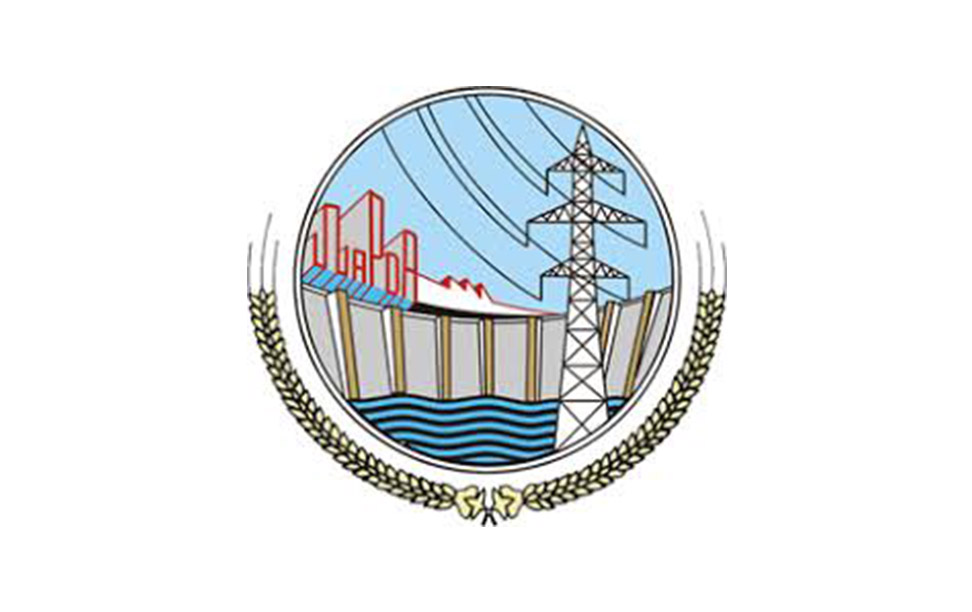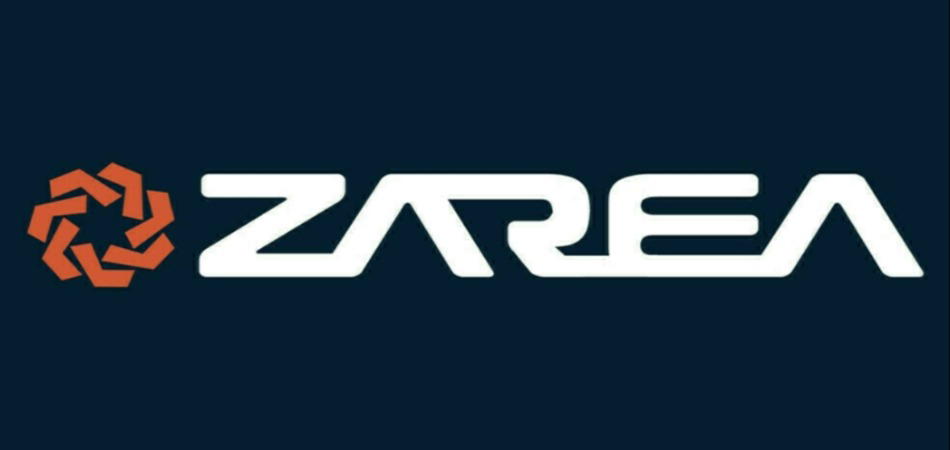Fitch affirms WAPDA's long-term issuer default ratings at 'CCC'

MG News | February 26, 2024 at 05:43 PM GMT+05:00
February 26, 2024 (MLN): Fitch Ratings has affirmed Pakistan Water and Power Development Authority's (WAPDA) Long-Term Foreign and Local-Currency Issuer Default Ratings at 'CCC'.
Fitch typically does not assign Outlooks to issuers with a rating of 'CCC+' or below due to the high volatility of these ratings.
The entity's IDR reflects Fitch's rating definition of a low margin for safety, given its high reliance on government-supported funding.
KEY RATING DRIVERS
Support Score Assessment 'Virtually certain'
Fitch believes that an extraordinary support from Pakistan to WAPDA would be 'Virtually Certain' in case of need, reflecting a maximum support score of 60 under our Government-Related Entities Rating Criteria. This reflects a combination of responsibility to support and incentive to support.
Decision Making and Oversight 'Very Strong'
WAPDA was established to develop and manage Pakistan's water and power resources, including dams and hydropower facilities. These are strategically important to the nation's economy and basic supply. Every major project requires government approval.
Funding plans are also conferred with, and partly funded by, the government. In addition, the government has strong governance over WAPDA, appointing the entity's management.
The government regularly monitors WAPDA's financial performance and directs operational matters, such as tariffs on power.
Precedents of Support 'Very Strong'
The government has provided substantial financial support to the entity, including debt guarantees. It guaranteed 46% of the entity's debt as of the financial year ended June 2023 (FY23), excluding debt ultimately incurred with the government.
The government has also supported the entity's debt financing by relending facilities to the entity, easing the entity's funding burden.
Under the WAPDA Act, the government bears the ultimate liability of the entity's loans that are sanctioned by the government.
Incentives to Support
Preservation of Government Policy Role 'Very Strong'
WAPDA is implementing material policy on water and energy security. The entity, as the largest hydropower supplier in Pakistan, generates about 86% of the hydroelectricity and provides around a quarter of the power generation.
Fitch does not expect effective substitutes will be readily available given the size of the entity's capacity, which will significantly increase as projects under construction come on line.
Around 30% of the nation's overall generation capacity is likely to be from hydroelectricity by 2030.
Contagion Risk 'Very Strong'
WAPDA receives continuous funding from multilateral agencies for its projects. This implies that the government has a strong incentive to maintain external funding for development projects because funding needs remain high, and to avoid a default by WAPDA.
The government explicitly recognizes that WAPDA is a strategic state asset and important to the nation's economy. Therefore, we believe that WAPDA has been singled out in terms of likelihood of exceptional support.
Operating Performance
Revenue fell by 24% YoY in FY23, due mainly to a lag in the tariff petition, and the operating margin declined to 58% from 71% (averaged 61.2% over FY19-FY23).
This led to net debt/EBITDA rising to 10.4x from 5.2x. Circular debt, a structural issue in power sector, rose by 2.5% YoY in FY23, of which 9.7% was payable to WAPDA.
This is likely to continue, and to weigh on WAPDA's cash flow. Receivables from the Central Power Purchasing Agency, a government-owned entity, increased to Rs290 billion (5.7% yoy) or 388% of revenue in FY23, of which 88% was due more than 90 days.
Derivation Summary
Fitch expects a high likelihood of extraordinary government support, as assessed under our GRE criteria, even though the government's capacity to support the entity is likely to be partly impaired amid high funding requirements of the government.
Hence, we derive the entity's ratings based on Fitch's rating definitions in addition to the support factors above.
Debt Ratings
The senior unsecured bond rating is equalized with the entity's IDR. The bonds were issued at 7.5% per year for 10 years and are due June 2031.
Issuer Profile
WAPDA is a hydroelectric power generation company that is wholly owned by the state. It was set up to integrate the development of the country's water and power resources. It made up 88% of the nation's hydroelectric power capacity and 20% of installed capacity in FY23.
Liquidity and Debt Structure
Total debt rose to Rs718bn in FY23, from Rs577bn in FY22, due partly to currency depreciation.
The majority of the total debt was loans ultimately incurred with the government or guaranteed by the government.
WAPDA had a cash balance of Rs159bn as of FY23, including US dollar account, which was $142m as of end-2023.
Short-term liquidity is likely to suffice for debt repayment obligations, including the US dollar instalment of the Dasu hydropower project. The project has been guaranteed by the government and the International Development Association.
WAPDA's large exposure to loans from the government alleviates debt repayment burden, evidenced by increasing payable of Rs176bn in FY23 from Rs140bn in FY22. These are loans from the government and only payable on demand.
Factors that Could, Individually or Collectively, Lead to Negative Rating Action/Downgrade
A sovereign rating downgrade, lower government responsibility to support or incentives to support may lead to negative rating action.
Factors that Could, Individually or Collectively, Lead to Positive Rating Action/Upgrade
An upgrade of Fitch's credit view on the sovereign may trigger positive rating action on WAPDA.
Copyright Mettis Link News
Related News
| Name | Price/Vol | %Chg/NChg |
|---|---|---|
| KSE100 | 135,939.87 307.74M |
-0.41% -562.67 |
| ALLSHR | 84,600.38 877.08M |
-0.56% -479.52 |
| KSE30 | 41,373.68 101.15M |
-0.43% -178.94 |
| KMI30 | 191,069.98 82.45M |
-1.17% -2260.79 |
| KMIALLSHR | 55,738.07 422.01M |
-1.03% -577.24 |
| BKTi | 38,489.75 45.79M |
-0.02% -8.33 |
| OGTi | 27,788.15 6.87M |
-1.24% -350.24 |
| Symbol | Bid/Ask | High/Low |
|---|
| Name | Last | High/Low | Chg/%Chg |
|---|---|---|---|
| BITCOIN FUTURES | 117,300.00 | 120,695.00 116,090.00 |
-2935.00 -2.44% |
| BRENT CRUDE | 68.81 | 69.41 68.60 |
-0.40 -0.58% |
| RICHARDS BAY COAL MONTHLY | 96.50 | 96.50 96.50 |
0.50 0.52% |
| ROTTERDAM COAL MONTHLY | 104.50 | 104.50 104.25 |
-2.05 -1.92% |
| USD RBD PALM OLEIN | 998.50 | 998.50 998.50 |
0.00 0.00% |
| CRUDE OIL - WTI | 66.65 | 67.13 66.22 |
-0.33 -0.49% |
| SUGAR #11 WORLD | 16.56 | 16.61 16.25 |
0.26 1.60% |
Chart of the Day
Latest News
Top 5 things to watch in this week
Pakistan Stock Movers
| Name | Last | Chg/%Chg |
|---|
| Name | Last | Chg/%Chg |
|---|



